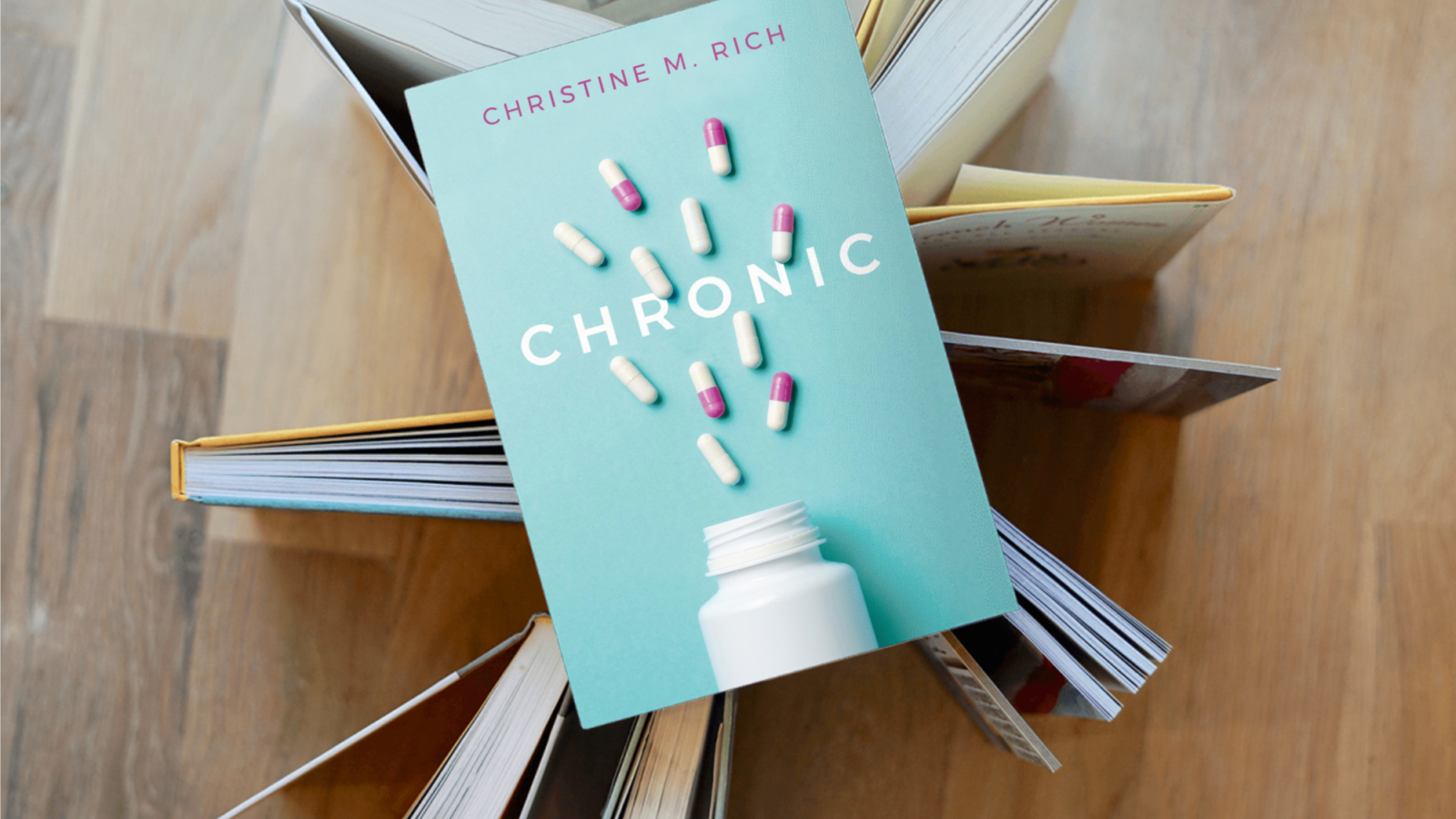That week in the hospital was a wake-up call and turning point. After working through the peak of my resistance, denial, and rage, I realized I had made an enemy out of my body for far too long. I had turned my back on her for being different. She wasn’t broken. I wasn’t broken. We were both sad and not fully aware of the other. I needed to learn how to stop fleeing and fighting my body … I needed to befriend it.
When I returned home from the hospital, I felt a shift occur deep within me. I recently spoke with my husband about this period of our marriage, my illness, and the toll all that running took on us both. He used the word “shredded” to describe my condition after I left the hospital. “You were so weak. It was almost as if you were elderly.”
Joe was right. I was shredded, both physically and emotionally— and, for the first time since I was diagnosed, I allowed myself to properly grieve. I laid on my couch and cried and journaled, and then cried some more. Reality was finally sinking in. Yes, I was sick. No, I couldn’t fix it. But I wasn’t powerless either. I had choices. I always had choices—and it was time I start choosing myself.
During a follow-up appointment a few days after I got out of the hospital, my doctor told me that I had to make a choice between toxic medication (that could cause cancer or medically induced Lupus) or undergo surgery to have my entire colon and rectum removed, and likely live with a bag the rest of my life. I sobbed the entire drive home from my doctor’s.
Turns out I was sick. Really sick. And everyone knew it but me. Or maybe I did know it and didn’t want to believe it. I thought if I kept hiding and running and moving and smiling and lying that my disease wouldn’t find me. But she always did, like a child seeking attention. Look at me! Notice me! Why won’t you talk to me?
The longer I ignored her, the louder she became—until I could no longer pretend I didn’t hear her. The truth is I had been sad and angry for over a decade and was carrying so much pain that I didn’t even realize just how bad things had become. But there I was left with only two choices: more medication or surgery—neither of which I wanted to make.
But what if there was another option? What if I started telling the truth? My truth. Yes, I’m in pain. Yes, I’m exhausted. Yes, I am losing so much blood every time I go to the bathroom that I’m afraid to look because it feels like evidence of my body failing me. Yes, I need help. Yes, I need rest. Yes, I surrender.
Little by little, all of those small truths started to tear down the wall of lies I had built around me. And little by little, I began to heal physically and emotionally.
During this time, a friend gave me a copy of the book A Return to Love by Marianne Williamson, and it changed my life. In the book she writes:
To trust in the force that moves the universe is faith. Faith
isn’t blind, it’s visionary. Faith is believing that the universe
is on our side, and that the universe knows what it’s doing.
Faith is a psychological awareness of an unfolding force for
good, constantly at work in all dimensions. Our attempts to
direct this force only interferes with it. Our willingness to
relax in to it allows it to work on our behalf. Without faith,
we’re frantically trying to control what is not ours to control,
and fix what is not in our power to fix. What we’re trying
to control is much better off without us, and what we’re trying
to fix can’t be fixed by us anyway. Without faith, we’re
wasting time.
I had, in fact, wasted time by fighting against, downplaying, and turning my disease into an enemy. My Crohn’s was not something for me to control and fight against; it was something inside me that needed love and attention. In order to make that shift from fear to love, I needed to start by being honest with myself. I was not fine.
I was terrified.
I was devastated.
I was heartbroken.
I was angry.
It was time to stop running and hiding—and finally start telling the truth.


